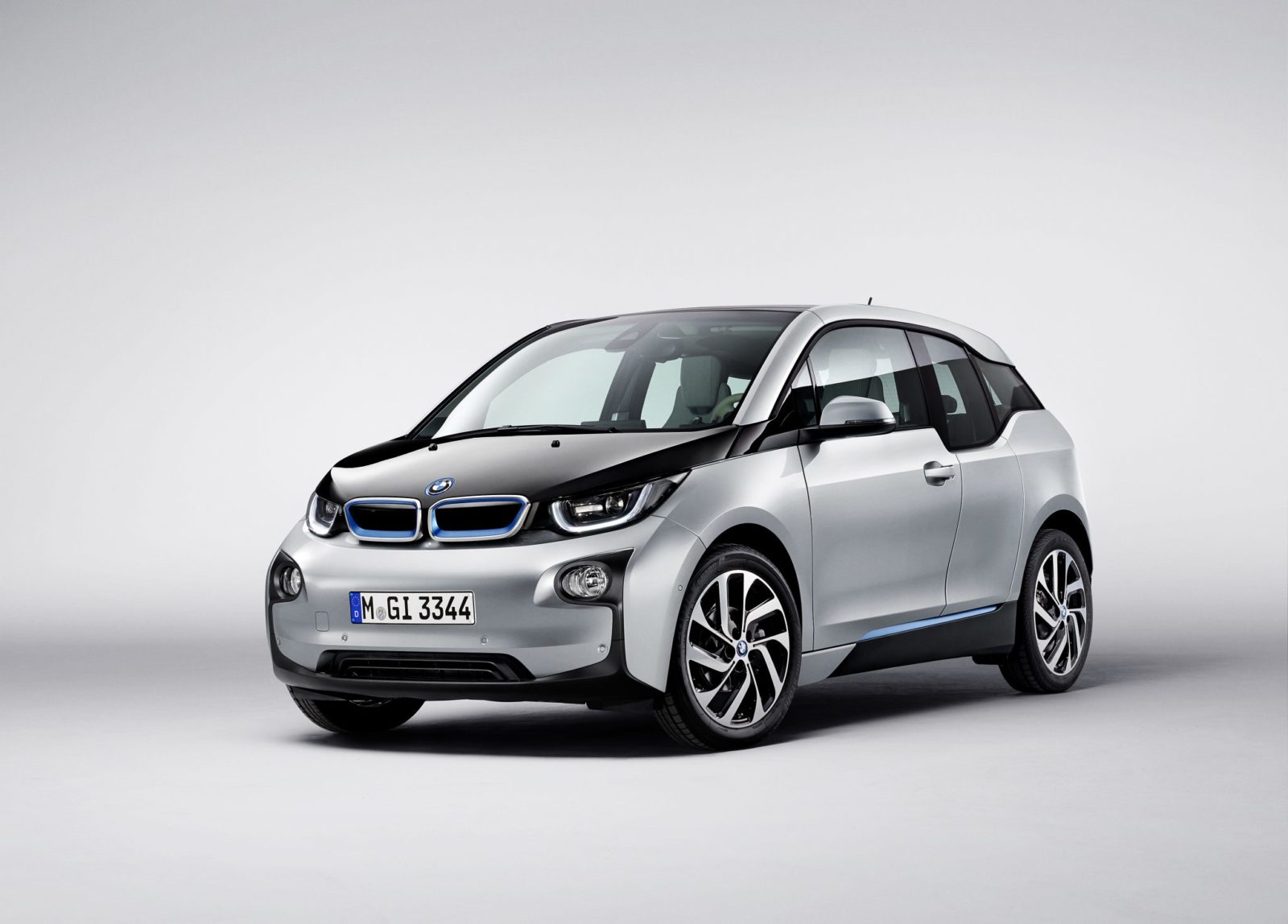Europe and America have surely made inroads when it comes to environment-friendly electric vehicles (EV), manufacturing and finding enough customers for them, but Africa is still lagging behind in this respect.
Electric cars, which help curb greenhouse gas emissions, have been introduced in Africa, but car manufacturers admit they are yet to see a major shift from petrol- and diesel-driven cars to green cars. Clynton Yon, Product Manager of car major Toyota in South Africa, says it’s simply due to a lack of interest from the market.
“Hybrid technology is not cheap but in Europe and the US, the financial rebates buyers receive from the government [on initial purchase and also when it comes to taxes for insurance and emissions, for example congestion tax] make it a far more viable proposition. There also appears to be reluctance on the part of South Africans to adopt a greener lifestyle if it’s going to involve a higher initial financial outlay,” says Yon.

Electric cars are still fairly expensive, and with reference to local sales, admittedly, hybrids have not achieved the kind of retail numbers they have elsewhere. The most obvious reason for this is the financial rebates offered by first-world countries are not available in South Africa, according to Yon.
Loading...
“That said, Toyota has made a concerted effort to make hybrid variants more accessible. The Yaris HSD for example is the most affordable hybrid on the market,” says Yon. The Yaris HSD costs R230,000 ($21,700).
Electric engines give electric cars instant torque, creating strong and smooth acceleration. These cars first appeared in the 1880s, and were popular in the 19th and 20th centuries, until advances in combustion technology and production of cheaper petrol vehicles led to a decline in the use of electric cars.
Since 2008, a renaissance in electric vehicle manufacturing has occurred due to advances in battery and power management technology, concerns about increasing oil prices and the need to reduce greenhouse gas emissions.
If as a continent, Africa were to catch up with markets such as Europe, a lot needs to be done to educate the consumer about the effects of global warming.
About 144,000 units of another green car entrant, the Nissan LEAF, have been sold around the world, a large percentage of those sales owing to Europe since its launch in December 2010. At the moment, the LEAF commands 33% of the EV passenger car market in Europe, it sold more than 5,600 more units in 2013 versus 2012, cementing its position as a best-selling 100% electric vehicle.
The success of the Nissan LEAF in Europe has been especially propelled by strong sales in Norway where it became the best-selling car at the end of January with 650 units.
Since its launch in South Africa in November last year, the LEAF has taken off well, according to Dudu Mwelase, General Manager of Corporate Communications at Nissan South Africa. About 20 Nissan LEAF cars were sold in the first three months, but Nissan expects to sell a 100 in the first year.
Mwelase says her company’s aim is to bring about as much EV ownership as possible.
“As mobility in Africa starts to increase, there will obviously be a move to introduce environmentally-friendly vehicles. We do not foresee a mass Nissan LEAF introduction on the continent at this stage.”
Customers see electric cars as an appendage of the ongoing endorsement of all things green. For example, Heleen Ball, one of South Africa’s first LEAF customers, says that even though she was not supportive of the idea when her husband first suggested it, the car now works very well with their green lifestyle. She uses the car two or three times a week.
Plans to bring the BMW electric models to South Africa are also in full swing. The first model, the BMW i3 is earmarked for March 2015. The i3 could have been here earlier but because demand was exceeding expectations in a number of key European markets, South Africa has had to wait.

“To ensure an acceptable waiting period for all customers who have ordered the i3, we have decided to delay market launch in South Africa and a number of countries where the i3 is not yet on sale,” says Edward Makwana, Automotive Communications Manager of BMW, South Africa.
At this stage, these cars will only be available in South Africa.
“We currently have around 11,000 pre-orders worldwide and more than 100,000 test drive requests. Customer-demand and interest in test drives exceed current production capacity. Dealers worldwide report they could sell more BMW i3s if they had them. We are also seeing a growing interest from local customers,” says Makwana. It’s clearly a green signal for electric cars.
Loading...
